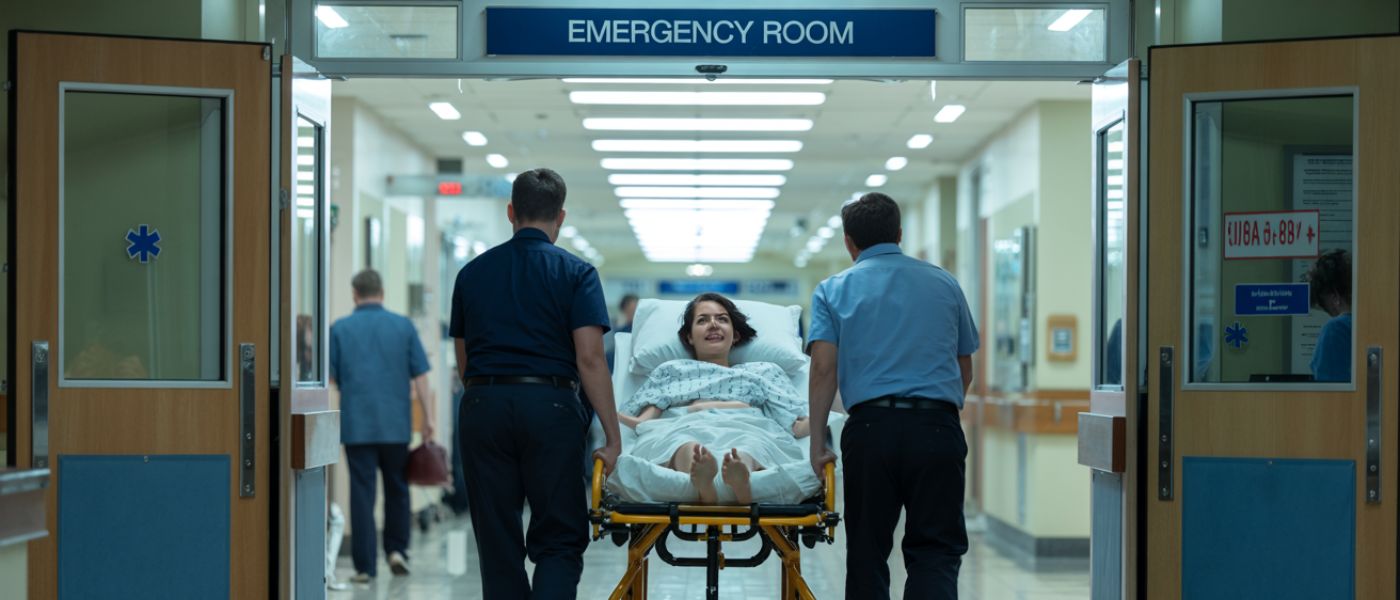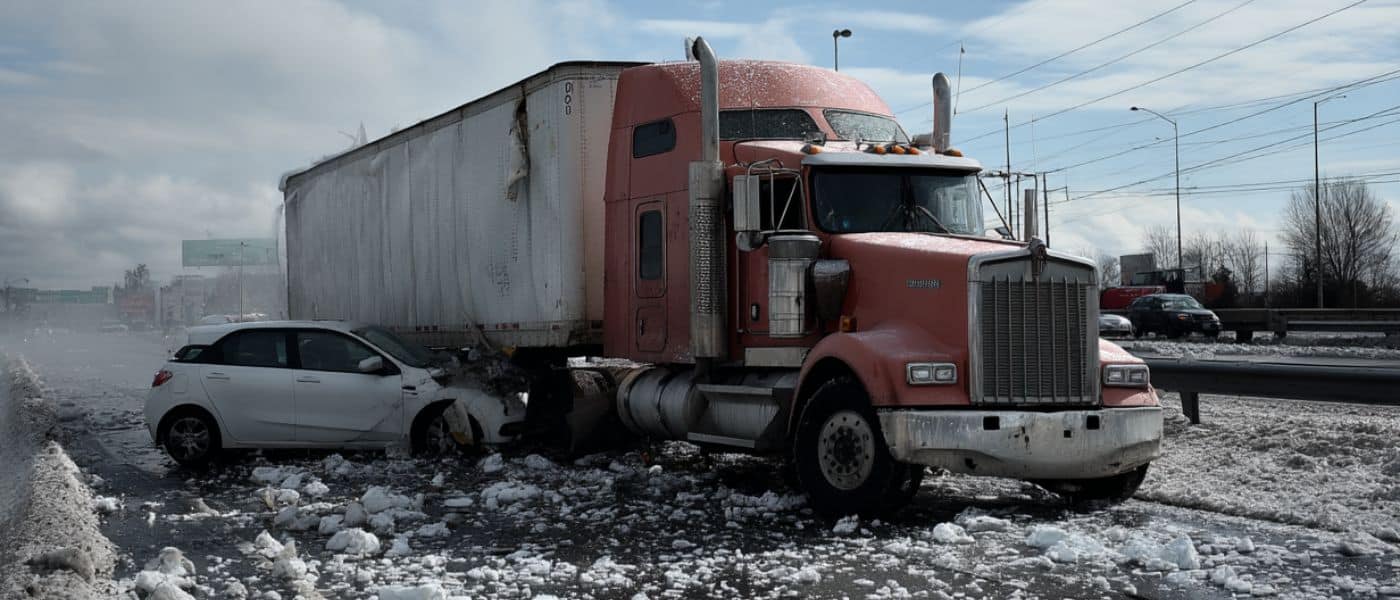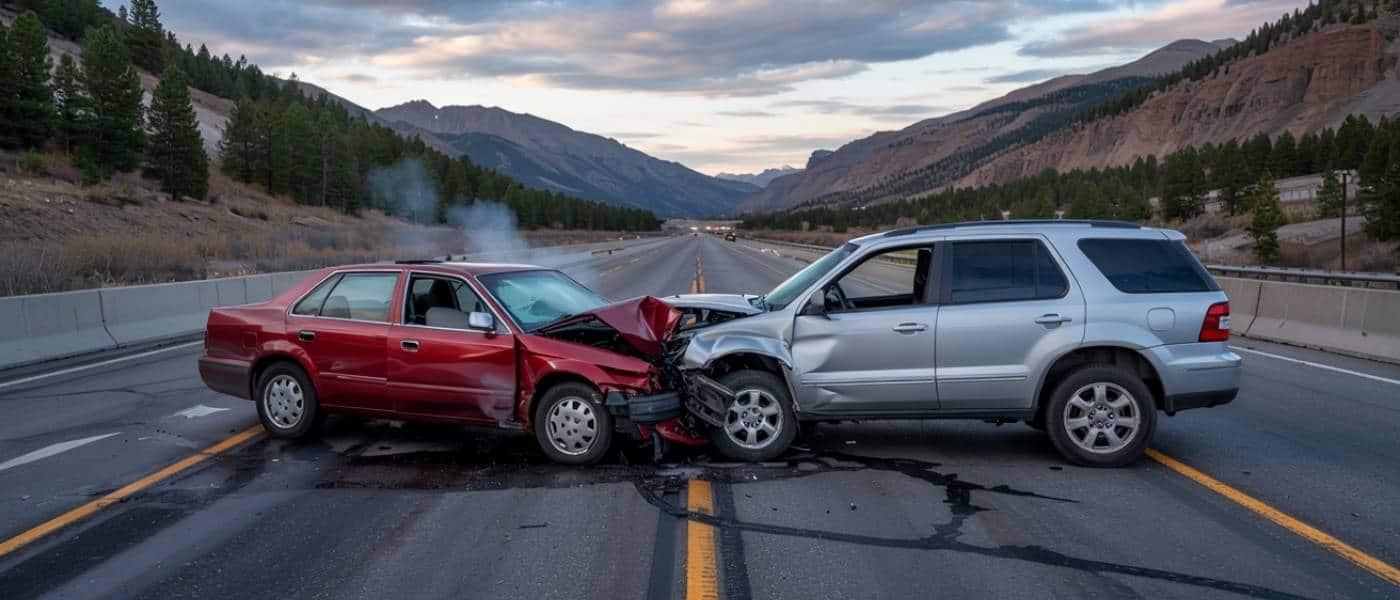Denver Wrongful Death Lawyer
Losing a loved one in Denver is devastating, but when that loss stems from someone else’s negligence – whether on I-25, at a local construction site, or in one of our medical facilities – the pain is compounded by a sense of injustice. In these heart-wrenching moments, a Denver wrongful death attorney becomes more than just a legal representative – they’re a beacon of hope and an unwavering advocate for Front Range families.With compassionate guidance and relentless determination, our experienced Denver lawyer navigates Colorado’s complex wrongful death laws, including the state’s 2025 statute of limitations and damage caps. We fight to hold responsible parties accountable.
Rating Overview
Based on 158 Nationwide Google Reviews
At McQuaid Injury Law, our experienced Denver wrongful death attorney understands the complex legal and emotional challenges Front Range families face after a tragic loss. We are committed to helping you seek justice under Colorado’s 2025 wrongful death statutes while providing compassionate support during this difficult time.
Legal representation is crucial in Denver wrongful death cases due to the complexities of proving liability under state law and calculating damages within Colorado’s statutory limits. Our skilled Denver team will thoroughly investigate the circumstances of your loved one’s death – from accidents in the Denver Tech Center to incidents at mountain construction sites – and identify all responsible parties. We understand the unique aspects of wrongful death litigation in Denver’s courts and will build a strong case to help your family recover the full compensation allowed under Colorado law. Whether the tragedy occurred in downtown Denver, at DIA, or anywhere across the metro area, we’ll be your dedicated advocates in seeking justice through the Colorado legal system.
In 2023, the total number of injury-related deaths in Colorado was 5,024, based on data from the Colorado Department of Public Health and Environment (CDPHE).
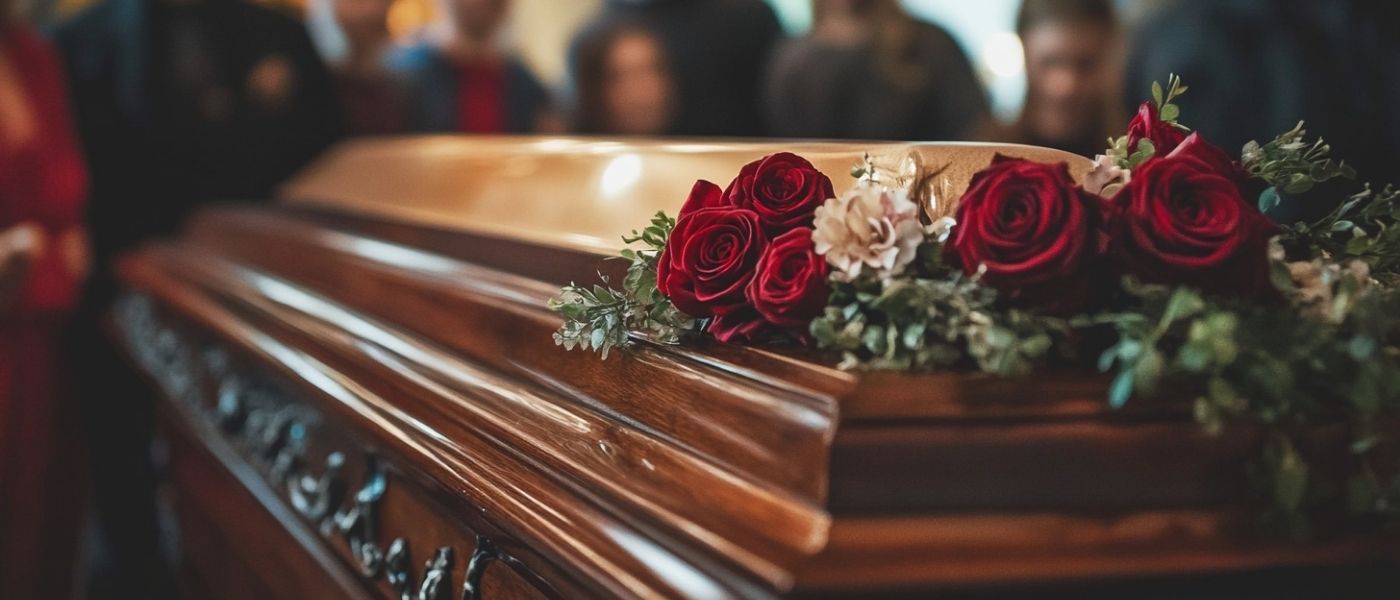
Our Denver firm has extensive experience handling a wide range of wrongful death cases, including those caused by:
Car accidents
Devastating losses when negligent drivers rob families of their loved ones through reckless actions that could have been prevented.
Truck accidents
Catastrophic fatalities caused by commercial trucking companies who put profits ahead of safety, leaving families to face an unimaginable future.
Medical malpractice
Heartbreaking deaths resulting from healthcare providers’ preventable errors or negligent decisions that violate the sacred trust between doctor and patient.
Workplace accidents
Tragic losses when employers sacrifice worker safety for productivity, leaving families without their breadwinners due to preventable accidents.
Defective products
Senseless fatalities caused by manufacturers who rush dangerous products to market, knowing they could cause deadly harm to unsuspecting consumers.
Nursing home abuse or neglect
Unforgivable deaths in facilities entrusted with our elderly loved ones, where negligent care leads to preventable tragedies.
Construction accidents
Fatal incidents on job sites where critical safety protocols were ignored, leaving families to cope with the ultimate price of corporate negligence.
Premises liability incidents
Preventable deaths occurring on dangerous properties where owners failed their basic duty to protect visitors from deadly hazards.
Aviation accidents
Catastrophic losses caused by airline negligence, maintenance failures, or pilot errors turn routine flights into devastating tragedies for surviving families.
Compensation Available in Wrongful Death Cases
While no amount of money can truly compensate for the loss of a loved one, a wrongful death claim can provide financial support for:
Some common financial compensations include:
Why Choose Our Firm
Don’t Be Afraid, Call McQuaid
Our experienced team combines aggressive litigation tactics with compassionate client care to maximize your compensation while supporting you through every step of your recovery journey.
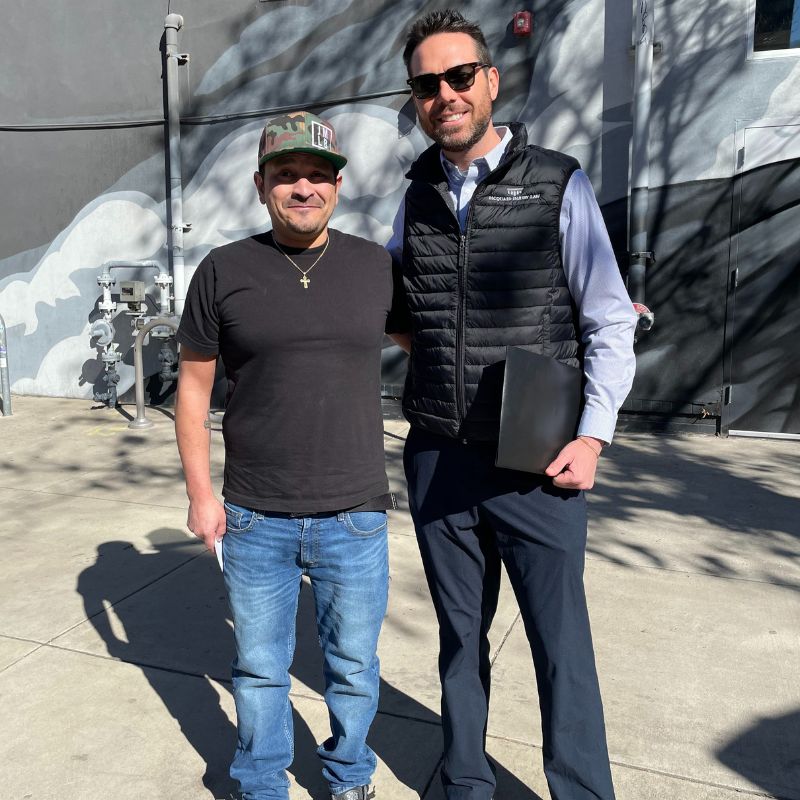
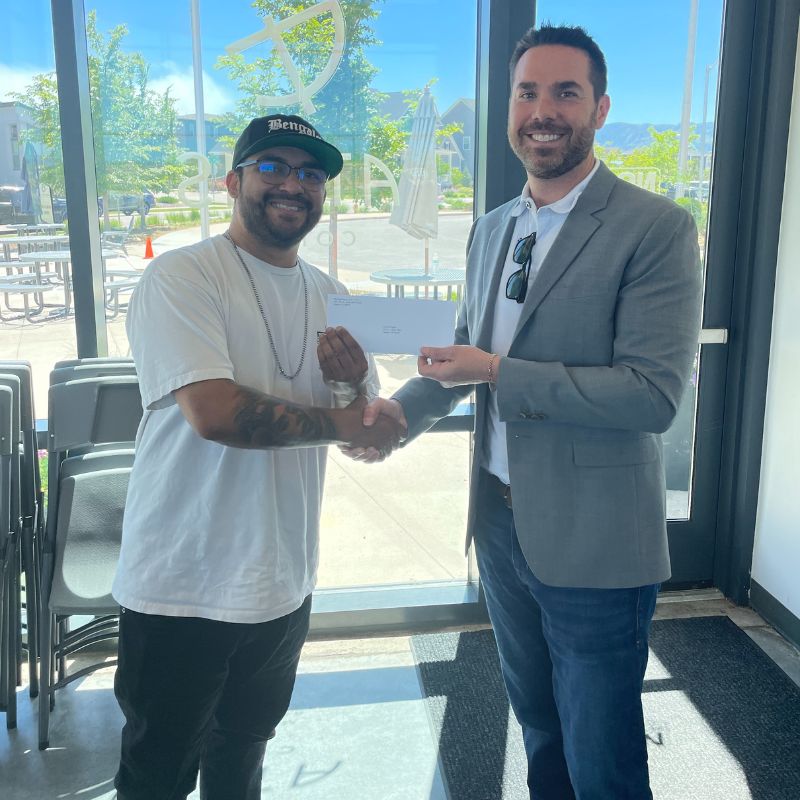
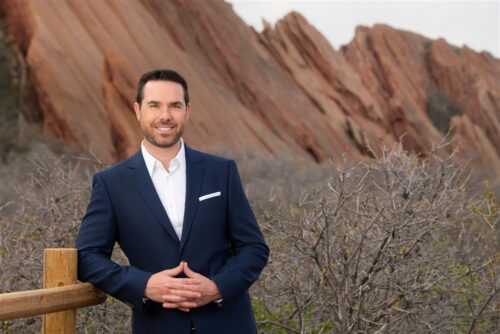
Our Process
From Injury to Justice: 5 Simple Steps
Getting fair compensation after losing a loved one in Denver starts with one step. Begin with a free consultation at our downtown Denver office—we’re available 24/7 to support grieving families across the Front Range. Our compassionate team will investigate your case anywhere in the metro area, from workplace accidents in Commerce City to medical incidents at Denver’s hospitals, and handle all Colorado court documentation while you focus on your family.
We’ll fight determinedly through the Colorado legal system to win your case under the state’s 2025 wrongful death statutes. You pay nothing unless we secure your settlement. Your path to justice in Denver begins with one call to our 17th Street office, where our experienced wrongful death attorneys are ready to guide your family through this difficult time with the care and respect you deserve.
Get a Free Case Evaluation Today
Victories Echoed: What Our Clients Say
Don’t just take our word for it—hear from those we’ve helped. Our clients’ stories of triumph over adversity speak volumes about our dedication and expertise. From life-changing settlements to compassionate support throughout the legal process, these testimonials reflect our unwavering commitment to justice. Discover why so many trust us with their most challenging moments.
Your Denver Wrongful Death Questions Answered
Navigate the road to recovery with confidence as we address the most pressing questions our clients ask after experiencing a death.
Legal Insights: Stay Informed, Stay Empowered
Explore our regularly updated blog for expert analysis on personal injury law, practical tips for protecting your rights, and insider knowledge that could make all the difference in your case.




























